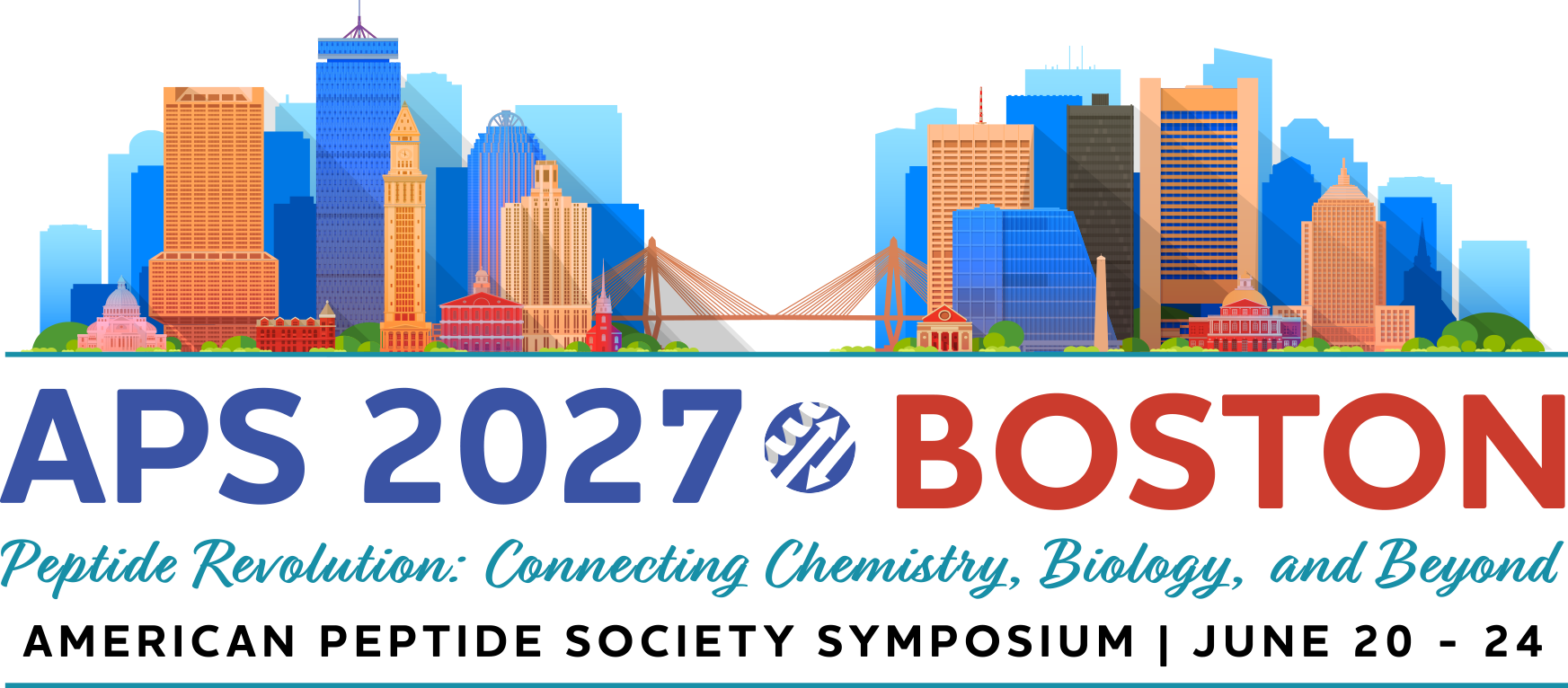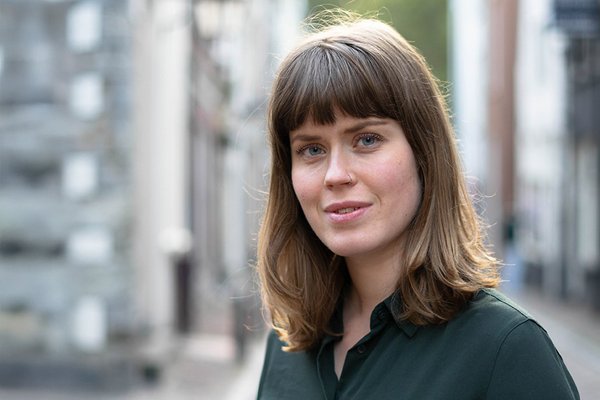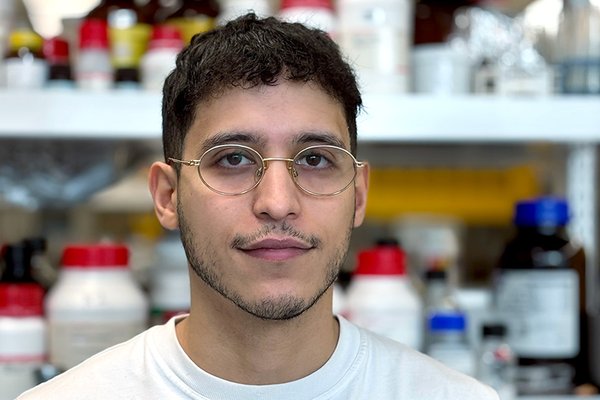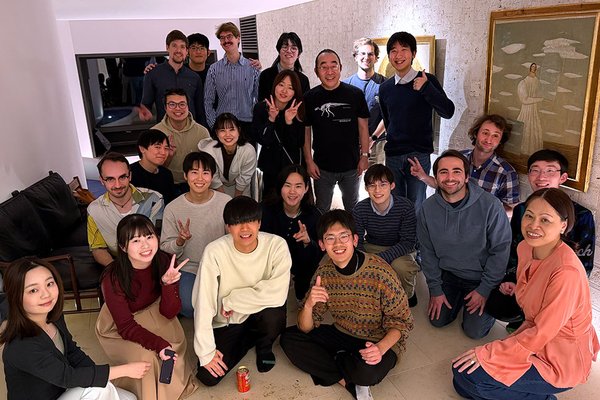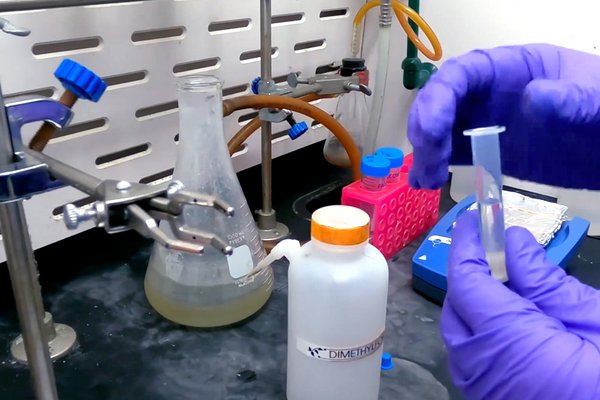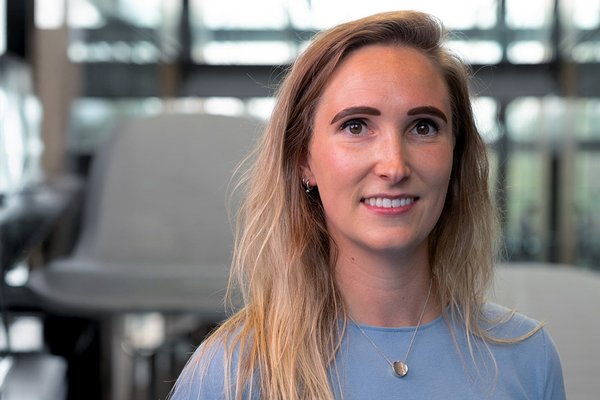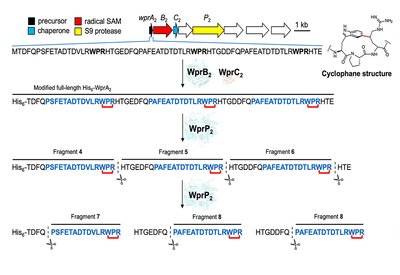
Uniform Cleavage
Phan Lab
Feb 1, 2026
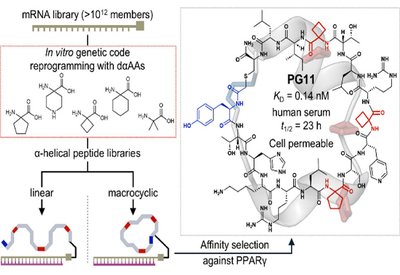
Helical Peptide Discovery
Suga and Katoh Labs
Jan 30, 2026
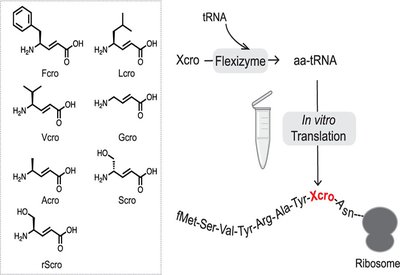
Ribosomal γ-Amino Acids
Suga Lab
Jan 30, 2026
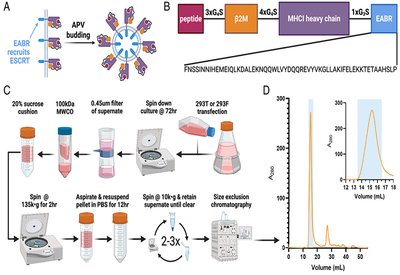
Budding Immunity
Mayo Group
Jan 29, 2026
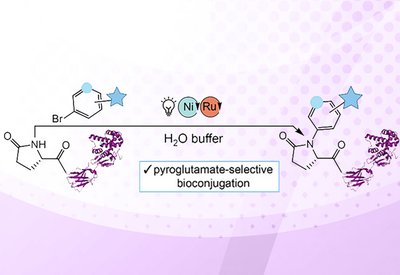
Pyroglutamate Labeling
Ball Lab
Jan 26, 2026
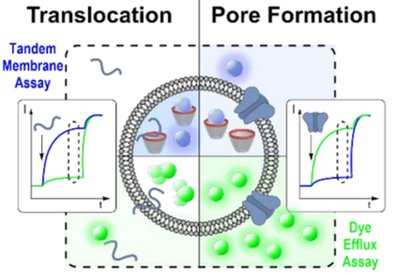
Mapping Membrane Activity
Hennig & Nau Labs
Jan 26, 2026
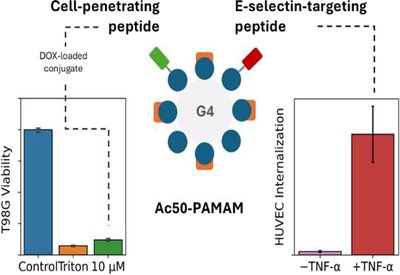
Dual Targeting Dendrimers
Alderete & Jiménez Labs
Jan 26, 2026
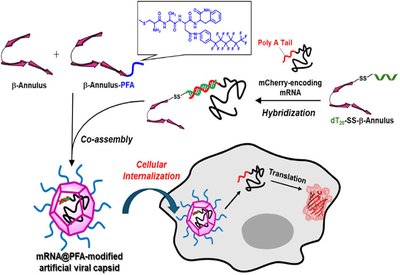
Fluorinated Viral Mimics
Matsuura Lab
Jan 26, 2026
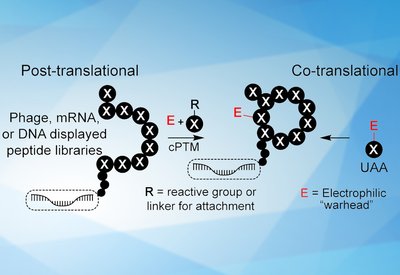
Covalent Library Design
Derda Group
Jan 25, 2026
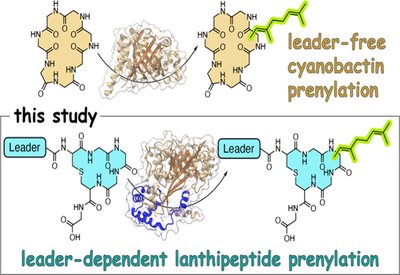
Leader-Dependent Prenylation
Agarwal Lab
Jan 25, 2026
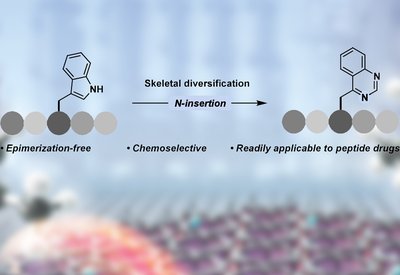
Tryptophan Transformation
Grob and Morandi Labs
Jan 23, 2026
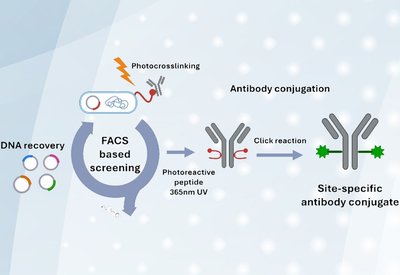
Evolved Photo-Cross-Linkers
Yoo & Kim Labs
Jan 23, 2026
Peptide Pioneers
Celebrating new faculty launching independent peptide research.
Eva Meeus
Assistant Professor
Meeus Lab, Wageningen University & Research
The transition from postdoctoral fellow to independent investigator remains one of the most demanding passages in academic science. Finding the right institutional fit, securing start-up funding, recruiting talented students, and carving out a research identity distinct from doctoral and postdoctoral mentors all collide at once. For Eva Meeus, who launched …
Read MoreStudent Spotlight
Highlighting outstanding graduate students shaping the future of peptide science.
Nassim Maarouf
Ph.D. Candidate
William Lubell Lab, Université de Montréal
Nassim Maarouf is a Ph.D. candidate and NSERC and FRQNT scholar in Professor Lubell’s laboratory at the Université de Montréal, where his research focuses on solvent-less, supported, and catalytic liquid-phase peptide synthesis, as well as permanently charged and cyclic amino acids and their applications.
Read MoreGlobal Peptide Groups
Featuring Internationally Notable Peptide Science Research Groups.
The Hiroaki Suga Group
Hiroaki Suga · University of Tokyo
At the interface of organic chemistry and biology, the Suga Laboratory at the University of Tokyo has pioneered technologies that are reshaping how the world discovers peptide therapeutics. What began as blue-sky research has evolved into a global engine for drug discovery, with innovations that have reached clinical trials and …
Read MorePeptide Primers
Educational resources for peptide science.
Peptide Synthesis for Beginners
3 sections
Learn the fundamentals of solid-phase peptide synthesis (SPPS) with this comprehensive guide. Covers equipment setup, Fmoc chemistry, coupling reactions, cleavage protocols, and HPLC purification.
Start LearningPeptide Postdocs
Recognizing postdoctoral researchers advancing peptide science.
Danielle Morgan
Postdoctoral Research Fellow
MacMillan Group, Princeton University
Danielle Morgan had just submitted her Ph.D. thesis at the University of Glasgow when she boarded a flight to Whistler for the 27th American Peptide Symposium in June 2022. The airline lost her luggage. With a flash talk scheduled for the first morning, she dashed to local shops and found …
Read MoreCall for Nominations
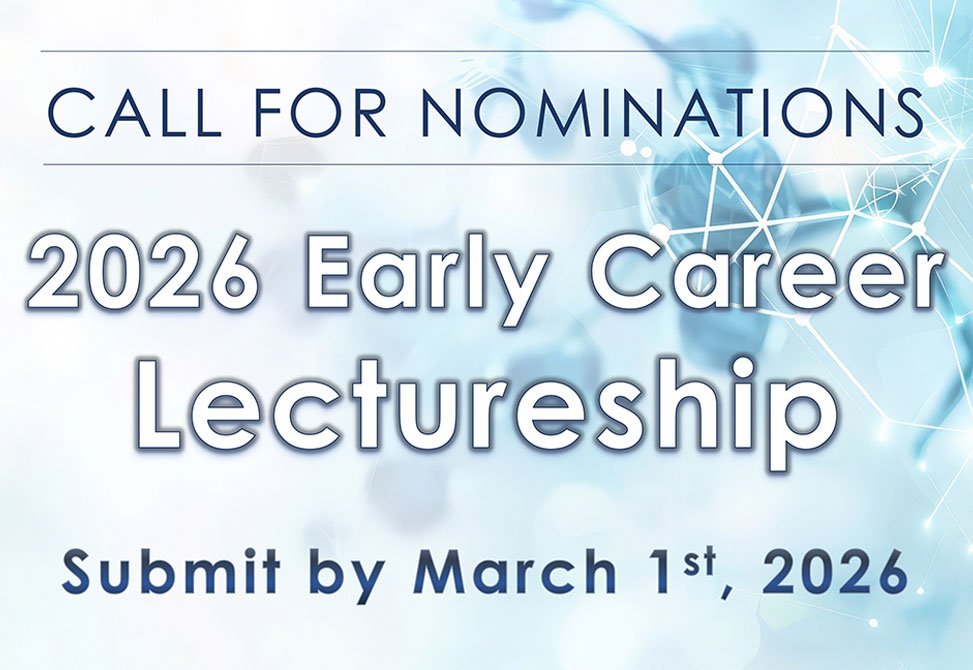
The American Peptide Society is accepting nominations for the 2026 Early Career Lectureship which will be presented at the 30th American Peptide Symposium to be held in June 2027. This honor recognizes an early career investigator who has contributed innovative work to the field of peptide science. The recipient will deliver a talk in a session appropriate to their work at the 30th American Peptide Symposium.
Nominating documents should be submitted by March 1st, 2026.
Jan 15, 2026
Read MoreVictor Hruby Symposium
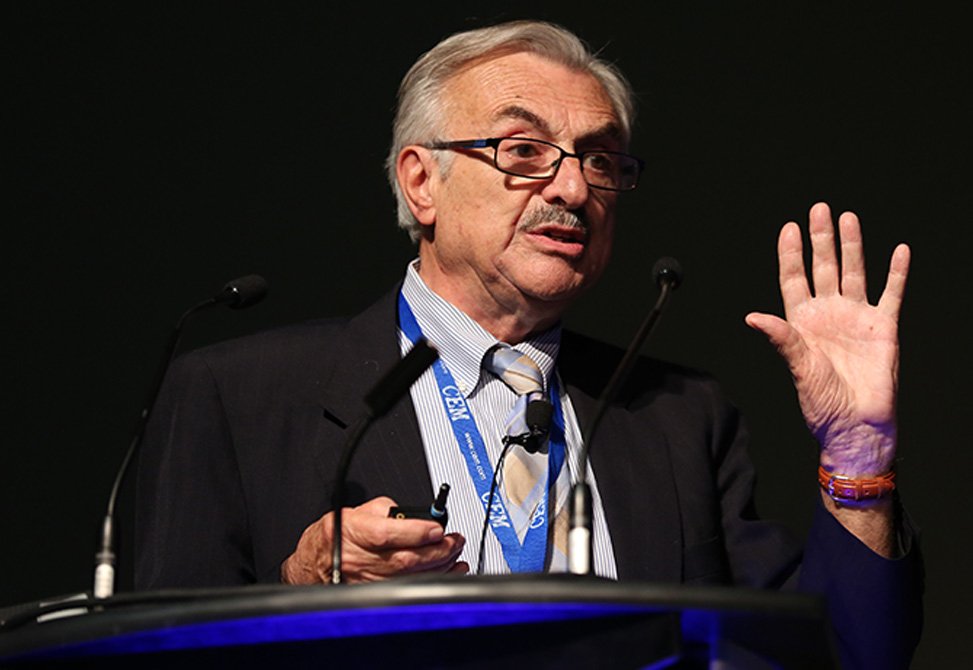
The American Peptide Society invites all members and colleagues to attend the Victor J. Hruby Symposium, May 21–22, 2026, in Tucson, Arizona. This landmark event honors Victor, founding APS President and one of the most influential figures in modern peptide chemistry. Over more than five decades, His discoveries have shaped our understanding of peptide structure, signaling, and drug design, while his mentorship has inspired generations of scientists worldwide. Join us in celebrating his extraordinary legacy and the future of peptide innovation.
Dec 17, 2025
RegisterSan Diego Symposium 2025 Images
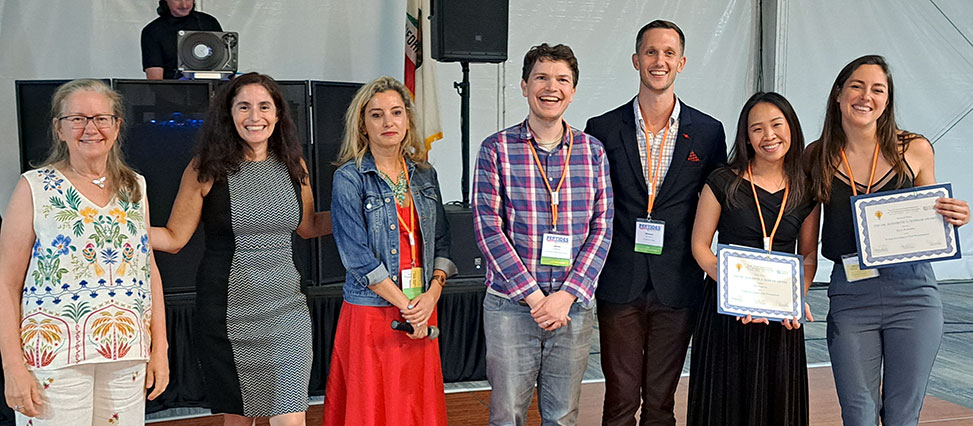
The 2025 Dr. Elizabeth Schram Award for Young Investigator Oral Presentation winners with presenters. From left to right: Professors Jean Chmielewski and Eileen Kennedy, Doctors Emel Adaligil, James Checco, and Michael Bertucci, flanked by the 1st prize winner Thu Nguyen, NYU, and 2nd prize winner Kira Podolsky, MIT.
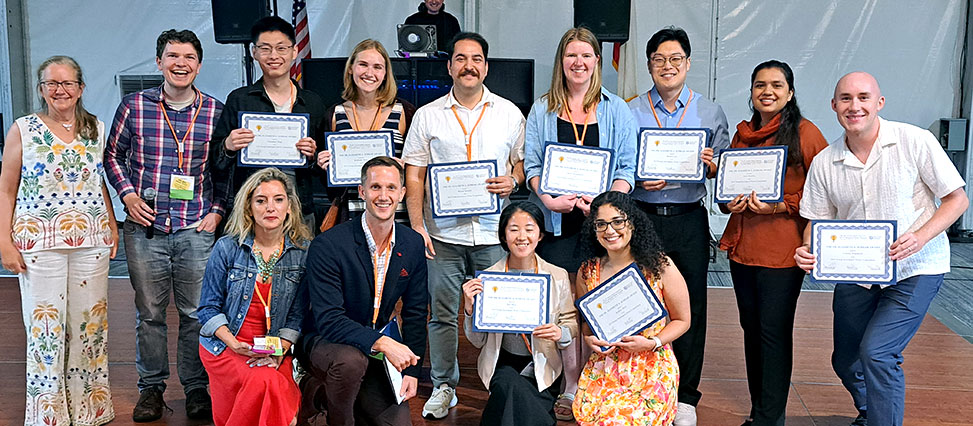
The 2025 Dr. Elizabeth Schram Award for Young Investigator Poster Presentation winners with presenters, Chuanhao Peng, University of Alberta, Kristiana Witte, NC State University, Hassan Seyrani, University of Missouri, Haley Anchukaitis, Tufts University, Minhee Lee, Columbia University, Xue Zhao, University of South Florida, Rida Ibrahim, Iowa State University, Rachita Dash, University of Virginia, Albert Kakkis, Scripps Research, and Tristan Dinsmore, Tufts University
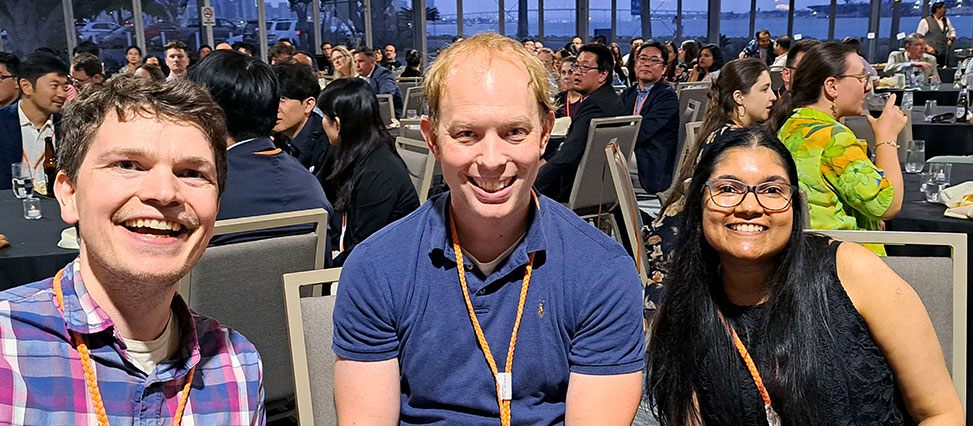
Newly elected co-chairs of the Student Activities Committee, from left to right, Doctors James Checco, Ross Cheloha, and Arunika Ekanayake.
Dec 17, 2025
